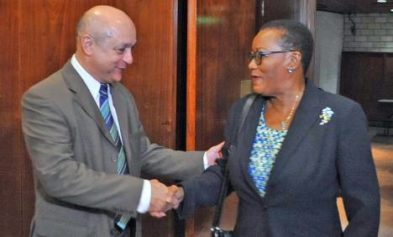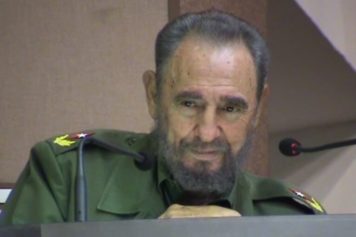Former Cuban leader Fidel Castro said he decided to step down and transfer power to his younger brother, Raul, because he was diagnosed with a fatal illness in 2006 and he never expected to live so long.
The BBC reports that in an article published by the official newspaper Granma to mark his 87th birthday, Castro said he did not expect to survive a stomach ailment.
“I was far from imagining that my life would extend for another seven years,” he said. Castro had been in power since the Cuban Revolution in 1959.
Castro left office for treatment in 2006, but only formally resigned as commander-in-chief and president of Cuba in February 2008.
“As soon as I understood that it would be definitive, I did not hesitate to cease my charges as president,” he said in the article.
Daily Life
According to theglobeandmail.com:
“Castro goes about his daily activities out of the public eye, and how much influence the retired commandant still wields is unknown. He emerges every once in a while to reassure his followers that he is very much around, frustrating those who wish he was not.
“‘No one believes any more that Fidel has any real influence over day-to-day policy,’ a Western diplomat said, “But that doesn’t mean he is never consulted on big questions or that when he comes out it isn’t important.’
“The government has staged just three media events this year for Castro: first, to vote in January for National Assembly deputies and chat with local reporters; then, in February, to attend the new parliament’s opening session where his brother’s possible successor, 53-year-old Miguel Diaz-Canel, was named first vice president; and more recently, to inaugurate a school near his home on the outskirts of Havana.
“Photos of a frail-looking Castro meeting with visiting dignitaries are occasionally published, as well as some of his writings, though far fewer than his once-frequent ‘Reflections,’ on global topics.”


